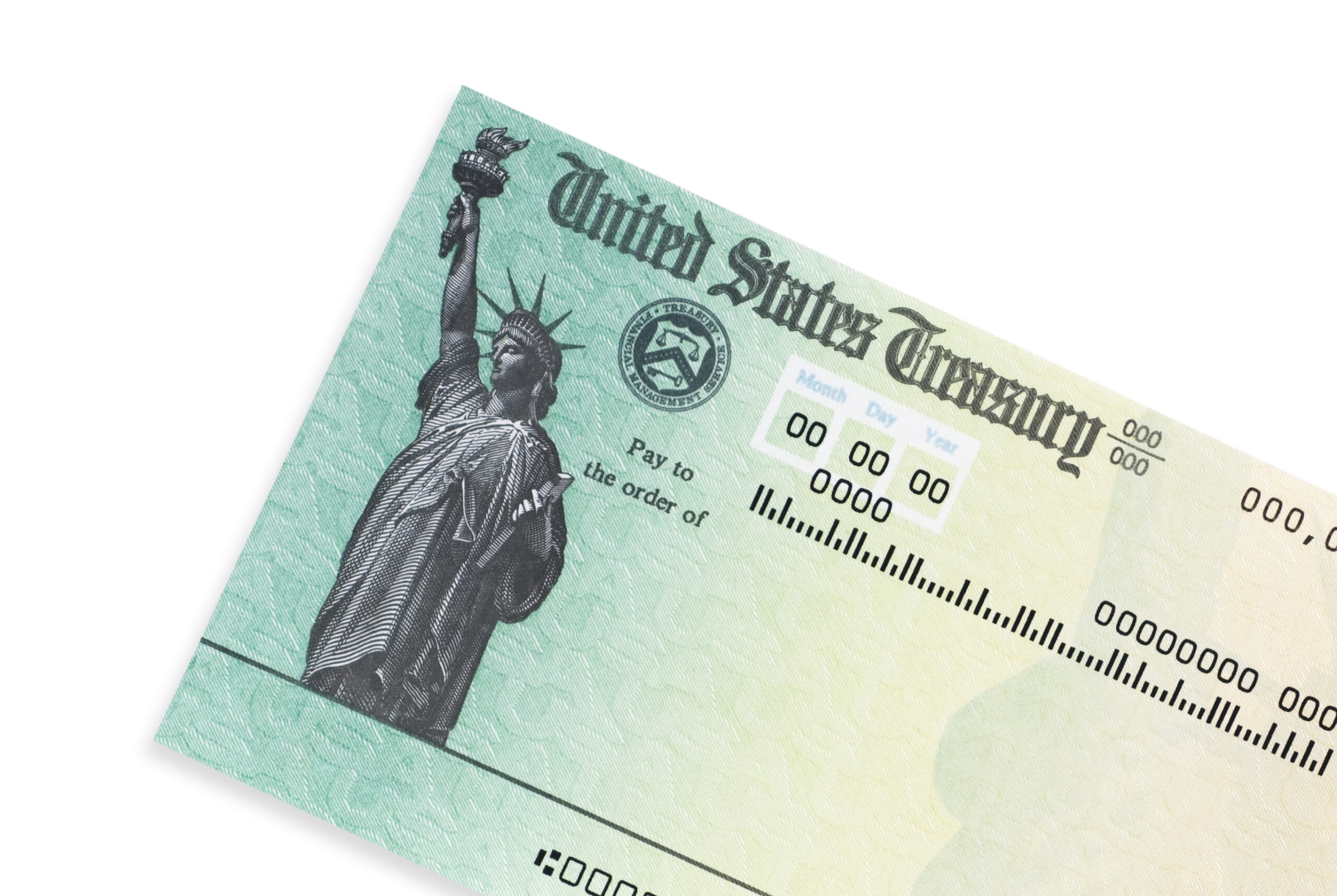According to a recent statistic, 99.8% of US households are not subject to federal estate taxes because they fall below the new estate tax exemption limit of $5.43million per person, or $10.86million for a married couple (for the year 2015). The increase in the exemption limits over the past few years has led to a sense of complacency with a number of business owners relating to their exposure to this level of taxation and, as such, estate planning recently has been de-emphasized in the overall planning process for many business owners. This complacency has an unseen risk in it – that owners will ignore the potential hazards of state estate taxes in their overall planning. This newsletter is written to make owners aware of the fact that there are still estate taxes that can apply at the individual state level that can be very large and should not be ignored.
The Basics on Estate Planning
Planning for one’s own demise is never a pleasant task. However, responsible business owners routinely seek to protect the assets which they have worked hard to accumulate and this includes planning for your estate. The government is your ‘silent’ partner both while you run your business and at your death. Knowing where the state and federal government come into your planning is critically important to help you protect your wealth.
The Government’s Plan for Your Wealth
It is important to remember that the government has a plan for your wealth when you die – it is up to you to plan for the distribution of your wealth according to your desires and to over-ride the government’s plan as well as to avoid excessive estate taxes. And, over the past number of years, the estate tax laws have changed substantially. Do you know where you stand today for turning over a portion of your estate to the state and federal governments?
The Federal Exemption Levels
There was a rather substantial change made to estate tax laws in the past few years. At the end of 2012, President Obama extended portions of the Bush Tax Cuts, allowing the federal exemption level to remain at $5 million per individual, or $10 million per married couple. This exemption level also included annual increases that in 2015 make the total estate that can avoid federal-level estate taxes to be nearly $11 million, as seen earlier.
What this means is that if an entire estate is less than $11 million (of course this includes the value of your privately-held business) then you [most likely] are not subject to estate taxes at the federal level. NOTE that you should check with your tax, legal and financial advisors to determine what assets are included in your gross estate for this calculation.
As a result of these higher levels and annual increases, the vast majority, 99.2% of households in the United States are not subject to federal estate taxes.
State Estate Taxes
The fact that most households, including most business owners, have total estates that are not subject to federal estate taxes has created a sense of complacency amongst business owners that they do not need further planning.
However, there are fifteen (15) states today, plus the District of Columbia, that have their own level of state, estate taxes. These states all have their own exemption levels as well as their own rates that vary from the federal exemption levels and rates. For example, the state of Massachusetts has an exemption level of $1million per individual and a maximum estate tax rate of 16%.
So if you own a business worth $8 million and other assets in your gross estate that amount to $2 million, and you are married and live in the state of Massachusetts, you may be operating under the belief that since the federal estate tax limits are nearly $11 million dollars, that you do not need to do any additional planning to protect your wealth from this tax.
However, while your estate in this example may, in fact, avoid the federal level of estate taxes it would most likely be subject to the State of Massachusetts estate tax. In this case, your $10 million would have exposure to state estate taxes, at a [potential] maximum rate of 16%.
Under this example, it is possible that your estate could be taxed upwards of $1,600,000 in state estate taxes. And, since most privately-held business owners, such as the one in this example, have the majority of their wealth tied to their illiquid business, it could be a substantial challenge to pay that state estate tax. Again, the State and Federal Government have a plan for your assets if you do not make plans yourself.
Concluding Thoughts – What to Do?
The essence of exit planning is combining personal and business planning to meet your goals. In the process, you want to avoid paying excessive estate taxes and forfeiting your wealth to the government after a lifetime of accumulation. Ask yourself these questions:
Have you neglected to update your estate planning in the past five years or more?
If ‘yes’, you should set a meeting with your estate planners to address this critical issue. The time and money that you invest will likely save you quite a bit in taxes, as well as provide some peace-of-mind. Remember that no one will force you to plan your estate. But without proper planning, you are giving away your right to choose where your wealth ends up. Engage in this planning today to update your estate plan and be certain that your wealth is protected from excessive and unnecessary taxation at both the federal and the state level. It is one of the best exit planning steps that you can take to protect your hard-earned wealth.
BERI™ Report
Below is a link to a 10 minute, 20 question online assessment that can assist you in determining your financial and mental readiness for your exit. There is no fee to take the assessment and your answers are sent immediately to your e-mail and kept completely confidential.
Business Exit Readiness Index™ Owner’s report
As a business owner who may be thinking through the eventual exit from their business, this complimentary online assessment may be the ideal starting point. And, after receiving your Business Exit Readiness Index™ Owner’s report, you may want to take a follow up meeting to discuss your answers further and gain more clarity on how you will have a successful exit in the future.








